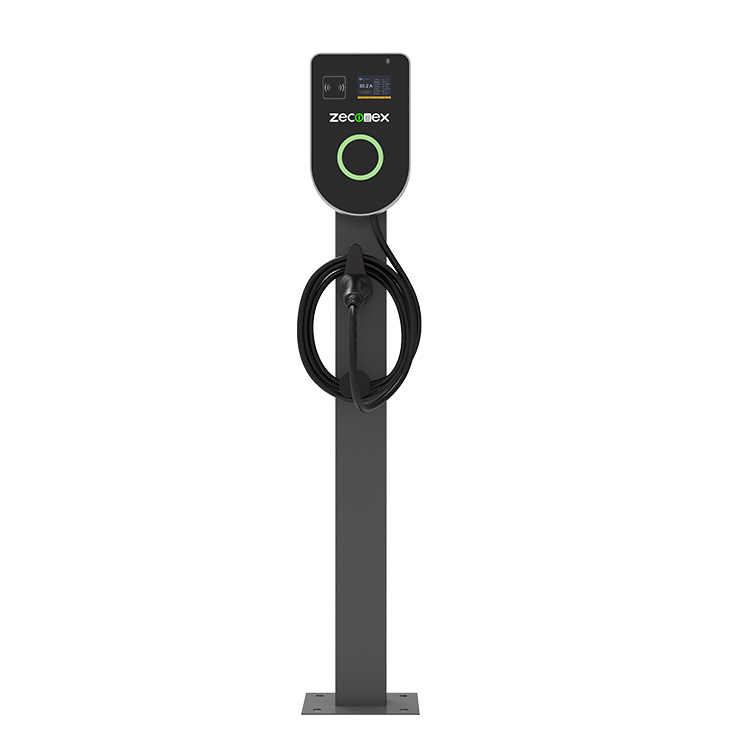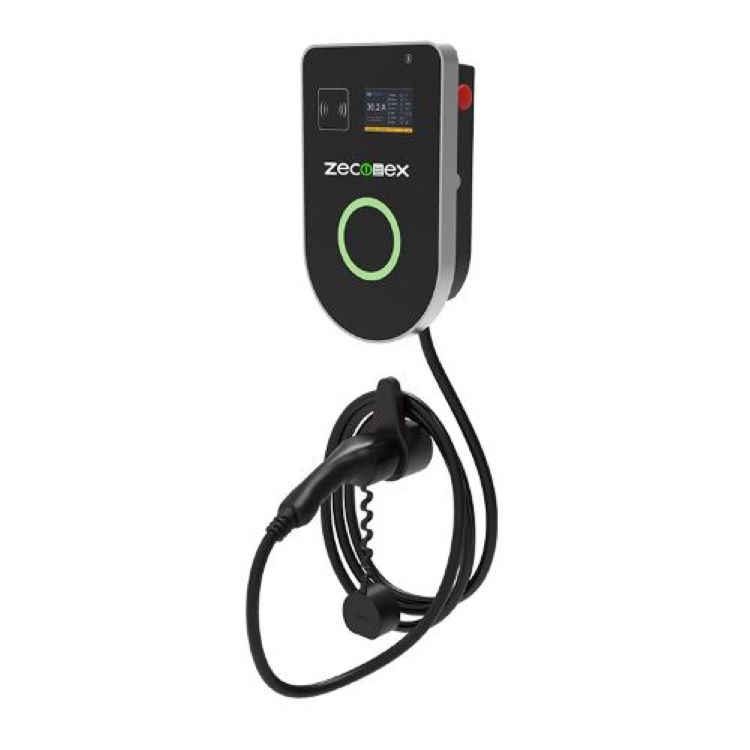A 7kW charger can charge an electric car at a rate of approximately 25-35 miles of range per hour. However, the actual charging time will depend on various factors such as the battery capacity of the car, the charging efficiency, and the state of charge of the battery before charging. It's important to note that different electric cars have different charging capabilities, so it's always a good idea to consult your car's manual or the manufacturer's specifications for more accurate information.
Car Charging Battery Capacity
A 7kW charger can charge an electric car at a rate of approximately 25-35 miles of range per hour. However, the actual charging time will depend on various factors such as the battery capacity of the car, the charging efficiency, and the state of charge of the battery before charging. It's important to note that different electric cars have different charging capabilities, so it's always a good idea to consult your car's manual or the manufacturer's specifications for more accurate information.
Car Charging Charging Efficiency
Solar streetlights are becoming increasingly popular due to their energy efficiency and environmental benefits. They harness the power of the sun to generate electricity, eliminating the need for traditional grid electricity. This not only reduces energy consumption but also helps to lower electricity costs and carbon emissions.
However, one of the weaknesses of solar streetlights is their charging efficiency. The amount of sunlight they receive and the efficiency of their solar panels can affect how quickly and effectively they charge. Insufficient charging can lead to shorter lighting hours or reduced brightness during the night.
To address this issue, advancements in solar panel technology and battery storage systems can improve the charging efficiency of solar streetlights. More efficient solar panels can capture more sunlight, while advanced battery storage systems can store excess energy generated during the day for use during the night.
Overall, solar streetlights offer a sustainable and cost-effective lighting solution for outdoor areas. While their charging efficiency may have room for improvement, advancements in technology continue to enhance their performance and make them an increasingly viable option for communities worldwide.


Car Charging Battery State of Charge Before Charging
The battery state of charge refers to the amount of energy remaining in a battery compared to its total capacity. Before charging a battery, it is important to know its current state of charge. This can be determined using battery monitoring systems or by measuring the voltage and current of the battery. By knowing the state of charge, you can determine how much energy needs to be replenished and how long it will take to fully charge the battery.
Electric Car Charger price
The price of electric car chargers can vary depending on the type and level of charger. On average, a Level 1 charger, which is the slowest and provides the least amount of power, can range from $300 to $600. Level 2 chargers, which are faster and provide more power, typically cost between $500 and $1,500. DC fast chargers, which are the fastest and can charge an electric car to 80% in about 30 minutes, can range from $10,000 to $50,000 or more. It's important to note that these prices are just estimates and can vary depending on factors such as brand, installation requirements, and additional features.
How to Choose a Reliable EV Charger Manufacturer Worldwide to Grab a Leading Position?
EV Charger / 2025-06-26 / by Wade
A Streamlined Guide to 20 Core Decision Points in Charging Pile Procurement
EV Charger / 2025-05-29 / by Wade
How Electric Vehicle Charger Wholesalers Respond to Price Fluctuations?
EV Charger / 2025-05-22 / by Wade
